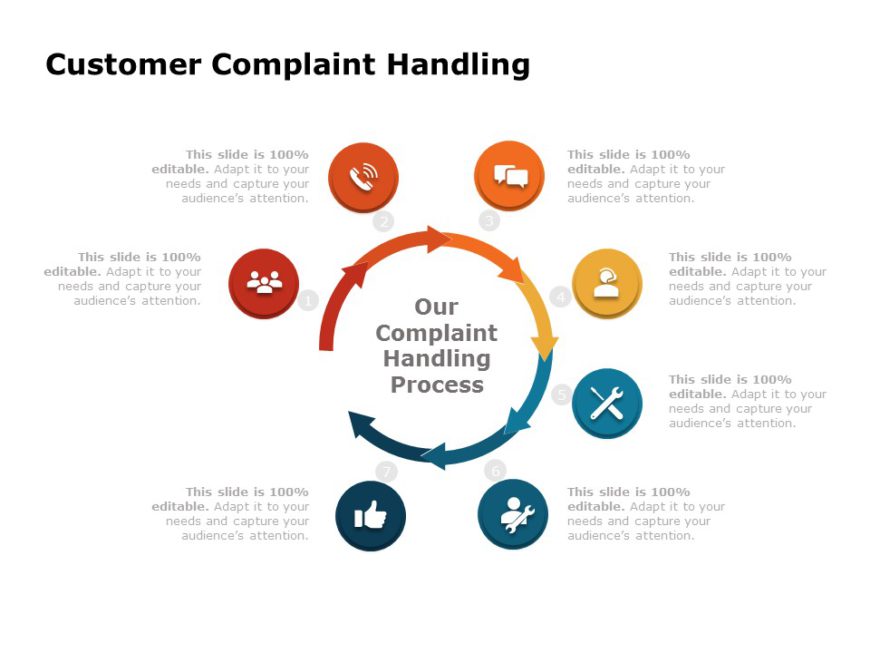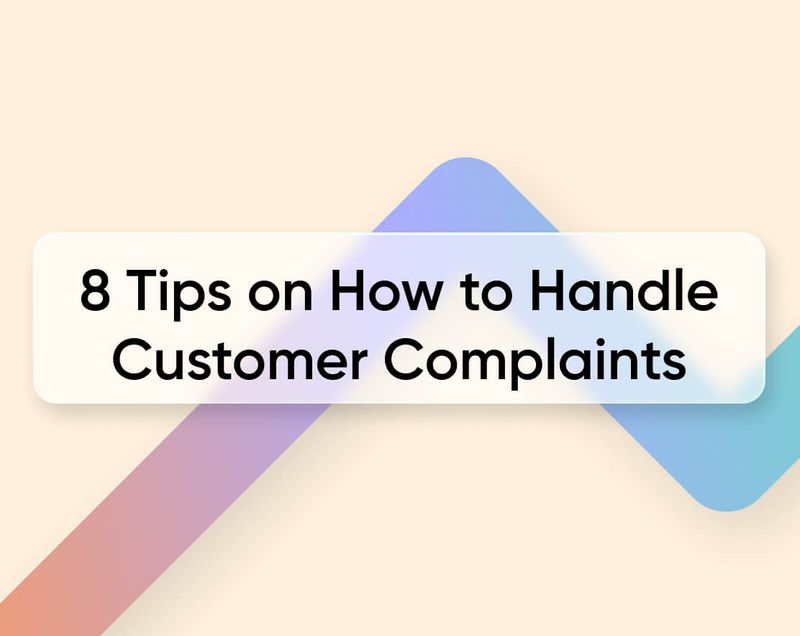"Slaying Customer Complaints with CRM: Your Ultimate Game Plan"
"Slaying Customer Complaints with CRM: Your Ultimate Game Plan"

"Slaying Customer Complaints with CRM: Your Ultimate Game Plan"
Are you tired of playing whack-a-mole with customer complaints? One minute it’s all smooth sailing, and the next, you’re dealing with a torrent of angry tweets, scathing Yelp reviews, and disgruntled phone calls. It’s like trying to hold water in your hands – no matter how hard you try, some of it’s gonna spill. But what if I told you there’s a way to catch those complaints before they become a raging fire? Enter Customer Relationship Management (CRM) – the unsung hero of customer satisfaction.
In this article, we’ll dive into the world of CRM and explore how it can help you manage customer complaints like a pro. We’ll cover the basics, discuss some awesome features, and provide you with actionable tips to get you started. So, buckle up, folks! It’s time to level up your customer service game.
What’s CRM, anyway?
Before we dive into the nitty-gritty of CRM, let’s quickly define what it is. CRM stands for Customer Relationship Management, which is a fancy way of saying " software that helps you manage customer interactions." It’s a digital tool that enables businesses to collect, organize, and analyze customer data from various sources, including social media, phone calls, emails, and even in-person interactions.
Think of CRM like a central hub where all your customer info lives. It’s like having a super-smart, über-organized assistant who can provide you with actionable insights to drive sales, improve customer satisfaction, and – you guessed it – manage complaints.
The benefits of using CRM for complaint management
So, why should you use CRM to manage customer complaints? Here are some compelling reasons:
- Lightning-fast response times: With CRM, you can quickly identify and respond to customer complaints across multiple channels, reducing the risk of escalating issues.
- Personalized service: By storing customer info and interaction history in one place, you can provide personalized support that addresses specific pain points and shows you care.
- Improved issue resolution: CRM helps you assign, track, and resolve complaints efficiently, reducing the likelihood of complaints falling through the cracks.
- Reduced customer churn: By demonstrating that you value and respond to customer feedback, you can reduce the risk of losing customers to competitors.
- Data-driven insights: CRM analytics can help you identify patterns and trends in customer complaints, enabling you to make informed decisions to prevent future issues.

Awesome CRM features for managing customer complaints
Now that we’ve covered the benefits, let’s talk about some of the amazing features that make CRM a game-changer for complaint management:
- Ticketing system: Quickly assign, track, and resolve customer complaints with a user-friendly ticketing system.
- Contact management: Store all customer info, including interaction history, in one centralized place.
- Social media integration: Monitor and respond to customer complaints across social media channels in real-time.
- Customizable workflows: Create tailored workflows to match your business processes and ensure efficient complaint resolution.
- Analytics and reporting: Uncover valuable insights from customer complaint data to inform future business decisions.
Actionable tips to get you started
Now that we’ve explored the world of CRM and its awesome features, here are some actionable tips to help you get started:
- Choose the right CRM: Research and select a CRM that aligns with your business needs and budget. Consider factors like scalability, customization options, and integrations with existing systems.
- Set up your workflow: Configure your CRM to match your current complaint management process. Don’t be afraid to get creative and tailor workflows to suit your business needs.
- Train your team: Ensure all customer-facing staff are comfortable using CRM and understand how to leverage its features to manage complaints efficiently.
- Monitor and respond: Set up real-time monitoring of customer complaints across multiple channels and assign response duties to team members.
- Analyze and adapt: Regularly review complaint data and analytics to identify trends and opportunities for improvement.
Real-life examples of CRM success
We’ve covered the benefits and features of CRM, but what about real-life examples of success? Here are a few inspiring stories:
- Warby Parker: This hip eyewear brand uses CRM to manage customer complaints across social media channels. Their response times are impressively quick, and customers rave about their personalized service.
- Trader Joe’s: This beloved grocery store chain leverages CRM to handle customer complaints and feedback. Their efficient process has helped them maintain a loyal customer base.
- Zappos: This online shoe retailer is famous for its exceptional customer service. They use CRM to manage customer complaints and feedback, providing personalized support that keeps customers coming back.
Conclusion
Managing customer complaints can be a daunting task, but with the right tools, you can turn those lemons into lemonade. CRM is an incredible resource for businesses looking to level up their customer service game and turn complaints into opportunities.
By implementing a robust CRM system, you can provide fast, personalized support that addresses specific pain points and shows customers you care. With features like ticketing systems, contact management, and social media integration, CRM can help you stay on top of customer complaints and drive sales.
So, what are you waiting for? Get ready to slay customer complaints with CRM!
Bonus tips and resources
If you’re eager to learn more about CRM and customer complaint management, here are some bonus tips and resources:
- HubSpot CRM: A popular CRM platform with a free version and robust features.
- Salesforce: A leading CRM solution with advanced features and customization options.
- Zoho CRM: A cloud-based CRM with a range of integrations and affordable pricing.
Some awesome CRM blogs to follow:
- HubSpot Blog: Insights on CRM, marketing, sales, and customer service.
- Salesforce Blog: Expert advice on CRM, sales, marketing, and customer success.
- Zoho Blog: Tips and tricks on CRM, marketing, and sales productivity.
Happy learning!
